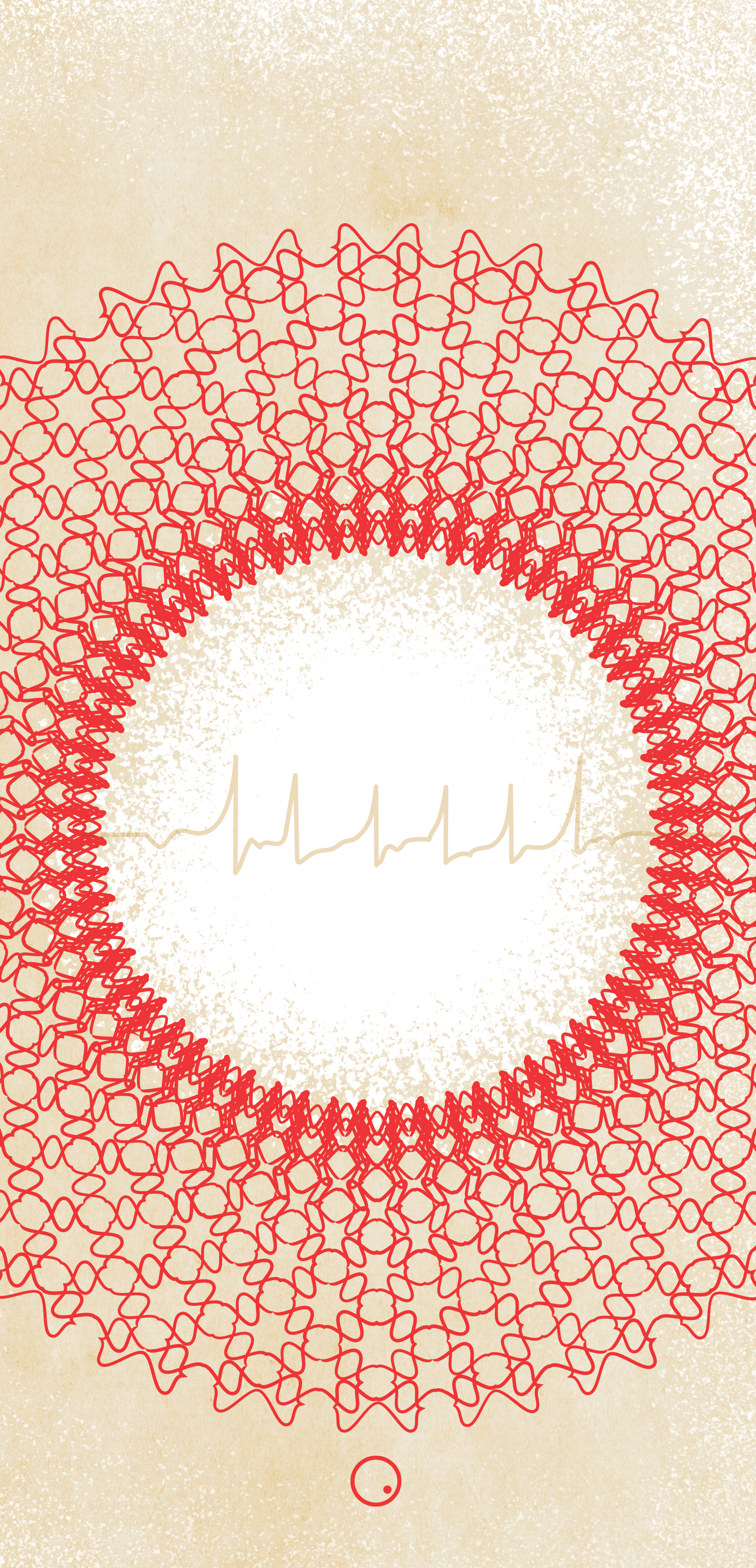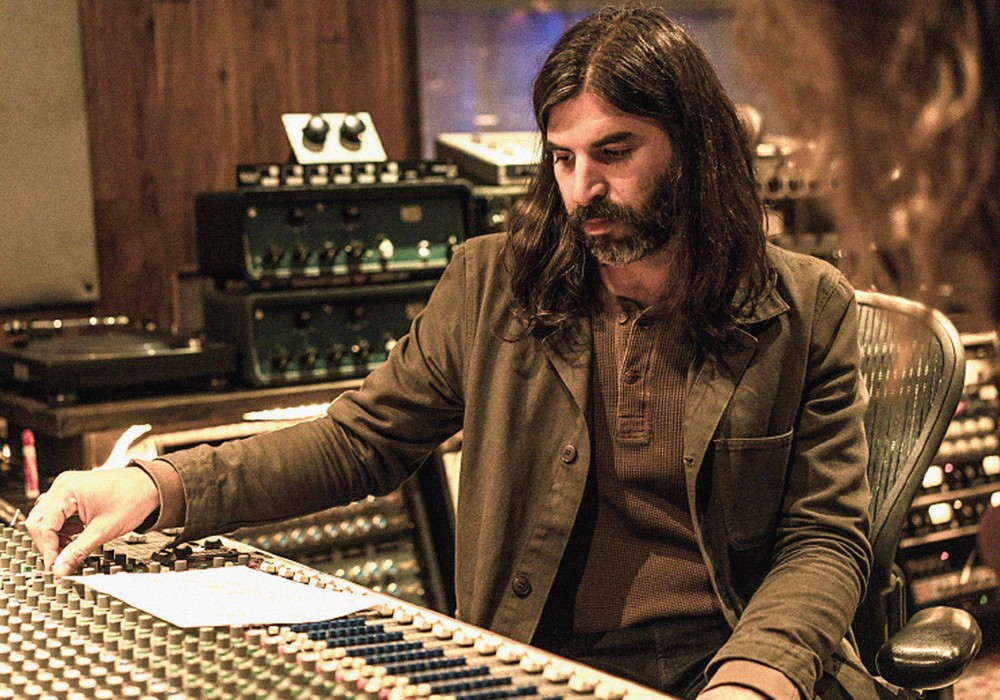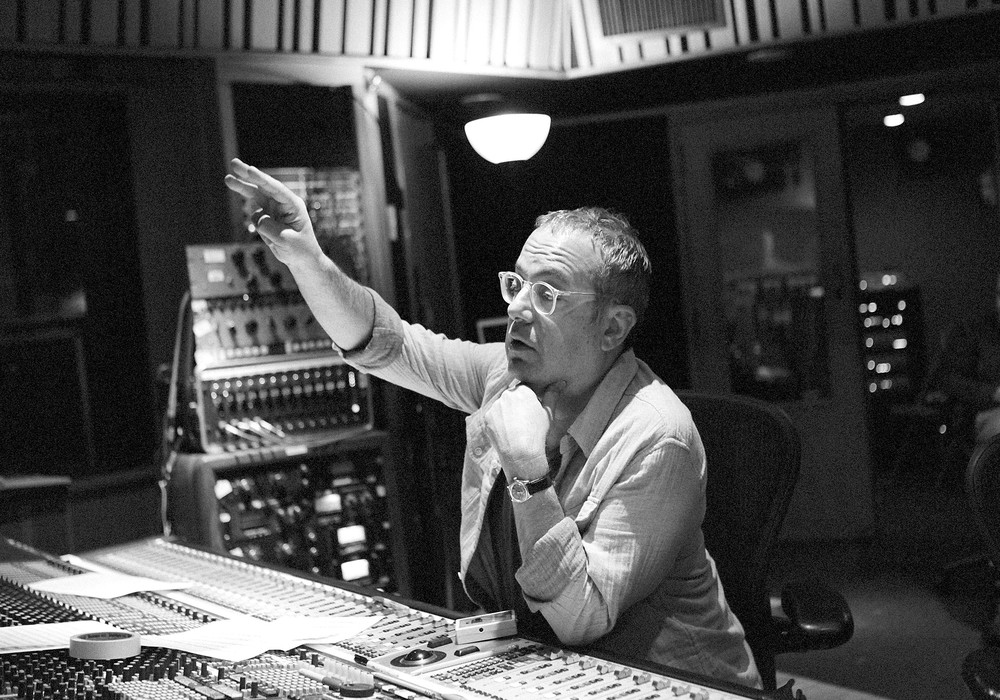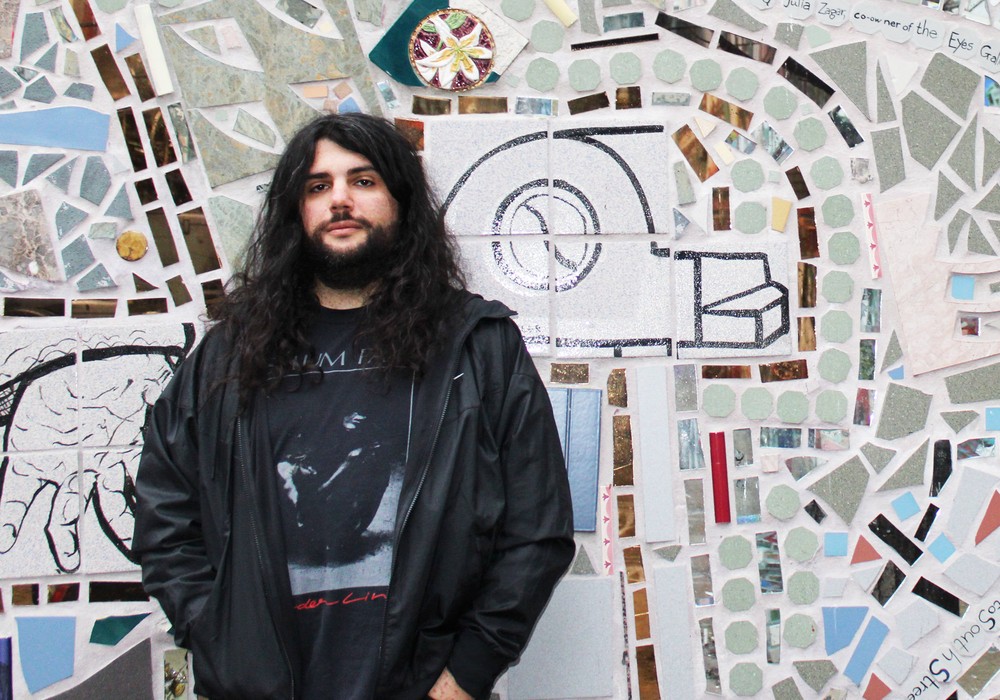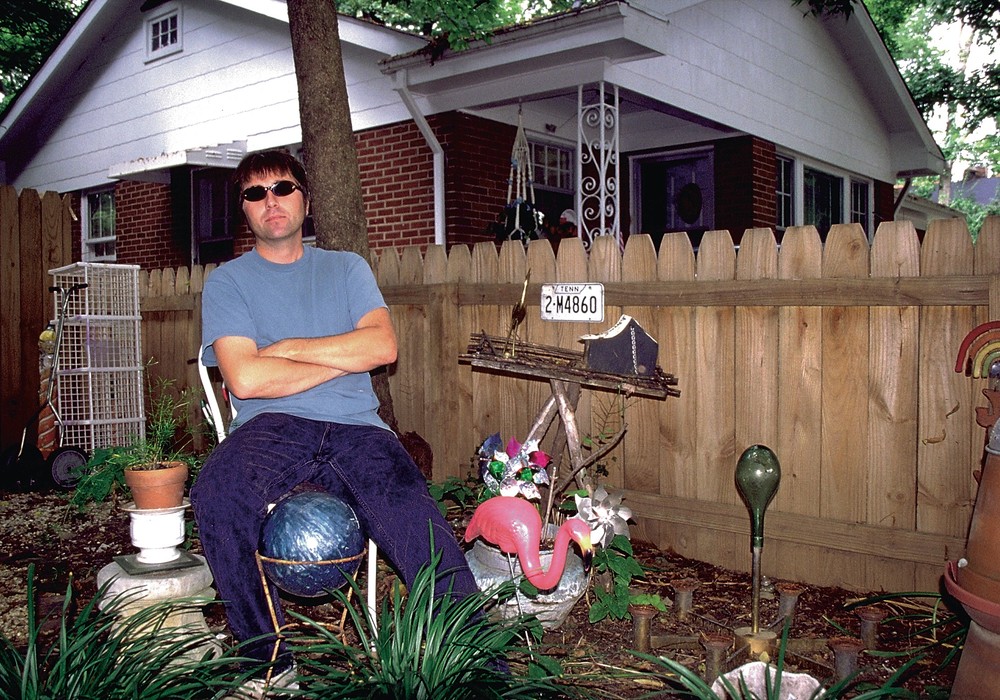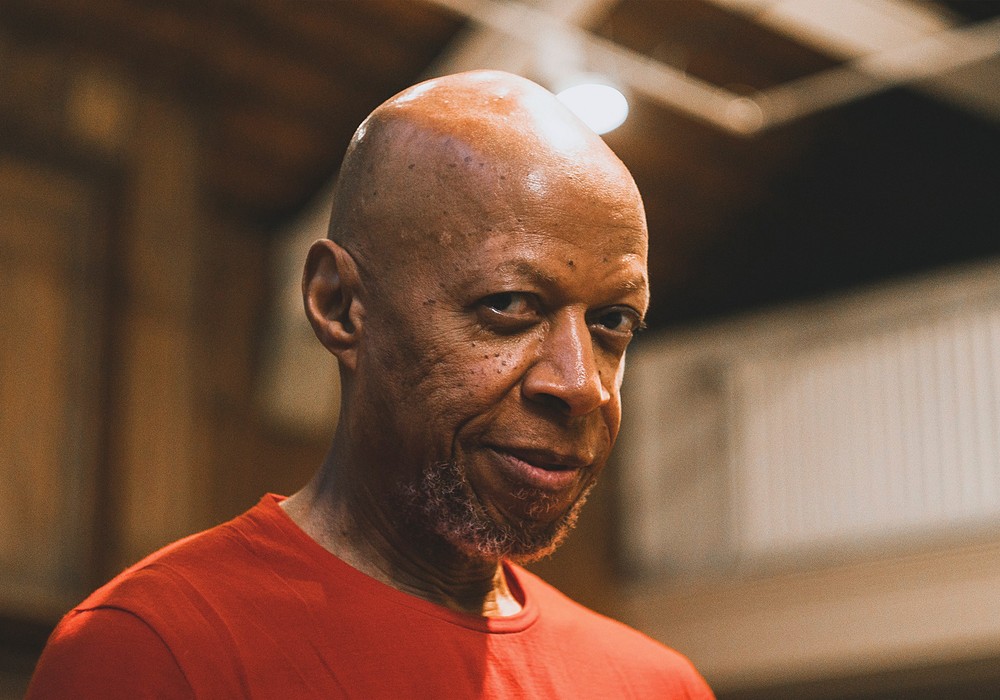Back in the golden days of Sun Studios and Gold Star, when recording was still a new enterprise, in order to be a recording engineer you had to actually be an engineer. Before you could record any hit records, you had to know how to build your own reverb units, preamps, and compressors. To all of us audiophiles, the image of those original mad scientists in their white lab coats, surrounded by walls of analog gear, is a romantic one, and it is perhaps that image that inspired me to go to audio engineering school. I had dropped out of college after two years as an English major and after some time on the beaten musician track, felt that recording school would be the way to go — I could soothe my mother with a college degree and I could work in a field that I cared about. I had been recording my own music on a 4-track since high school and knew that being in the studio was all I ever wanted to do anyway, plus I could finally get one of those cool, white lab coats. I enrolled in a school that I found online that seemed to offer the most in terms of instructor and studio quality, as well as job placement. They boasted unlimited studio time for students on Neve and SSL consoles and an 85% job placement. Just like all the cheaply priced DAWs that come out every year, it sounded too good to be true, and just like those DAWs, engineering school turned out to have little intrinsic value for me.
Before I get ahead of myself, let me just state that going to an engineering school has many positive aspects and that I did learn a lot. I had been recording with 4-tracks and 8-tracks since I was 14 and had never even known what an aux send was used for — now I can figure out complex routing problems and explain to someone how a TDM system works. Being in a learning environment where 75% of your day is devoted to one thing is a great way to learn, and making mistakes and asking what may seem like stupid questions is absolutely acceptable and, in fact, encouraged. Trust me, accidentally blowing over tracks is better done in school than in a studio where a client's time, money, and possibly your job are on the line. Working with other students is also hugely beneficial — it teaches you how to work with others in the studio and you when you see others making the same mistakes as you, you can laugh about it together instead of beating yourself up alone. Being an intern can be a horribly sadistic experience for many, and it probably doesn't make any sense to a lot of people how making coffee and running to the store to pick up more smokes can teach you anything about engineering. It is definitely nice to learn how to get signal through a Neve V3 without having to make copies of track sheets for some producer who has been up doing blow all night in the Hollywood Hills.
At the top of the list of pros of going to recording school (besides the education itself) is that it gives you a sense of validity. Yes, having a degree in anything can be a good way to soothe one's ego, but there are also a lot of studio owners and musicians who will take you much more seriously when they see that you have devoted a substantial amount of your life to learning how to record. Once you get that piece of paper you will be surprised at how quickly you go from being "a guy with a 4-track in his bedroom" to an audio engineer.
In July 2002 I finished my program and since then I have been scraping by, picking up sound jobs where I can and initiating projects in my home studio and in a friend's home studio. I am currently working for a transcription company in New York, editing recordings, doing noise reduction, and putting the audio in whatever medium that the client wants — not exactly the innovative studio work that I had in mind when I enrolled in school. People often ask me why, with an educational background in recording, am I not pimping out the boards at Avatar or the Hit Factory. It's been my experience that being a graduate of an engineering school has been more to my detriment than it has to my advantage. Small club and studio owners often assume that because I went to recording school, and got to learn on large format consoles, that I would think that certain grunt work is beneath me or that I would expect to bypass the intern phase. Many students come out of school feeling as if they have bypassed the coffee-making, floor-sweeping stage, feeling that it would be for the best of the first engineer to be told how to place the mic on a kick drum. If this sounds like any of you, please stop doing this! You are giving students and graduates everywhere a bad name. This reputation follows students everywhere and it can be very difficult to prove to a studio owner that you are still humble and that you realize how little you actually know. Remember, the school that you have gone to has given you the "operator's license" but not the miles.
It is also important to remember that each and every one of these schools operates as a business first and foremost. Their primary intention is to make money and many of them will tell you pretty much whatever you want to hear to get you to enroll. I trust that if you are reading Tape Op then you are interested more in wildly creative and original recordings than those less-than-thrilling ones of Top-40 radio. While I was in school I was asking myself every day why my instructors were teaching and not out working in studios, and then I remembered that old expression, something about those who can do and those who can't teach. If you really want to build a name for yourself as an engineer then you have to take risks and do things that haven't necessarily been done before, which is something that no school can teach you. All a school can teach you are fundamentals, which if you work enough at something you will arrive at anyway. If you feel that you really need to go to school in order to feel like an engineer and if you can afford to go, then by all means do, but let me just say that I have been saving for the last six months for a new Pro Tools rig that would have cost one eighth of the tuition that I paid to go to recording school.
The truth about getting into the world of recording is that just as a guitarist does not need a performance degree to play on a rock tour, you as an engineer do not need an audio degree to record a great sounding album. Most engineers who have been working for more than 20 years don't have degrees in audio engineering. What they do have, which is what has carried them along the way, is dedication, resourcefulness, a hard work ethic, and a sincere love for their craft, not to mention years of experience. Going to school can only be to your benefit but if you aren't willing to work for free, and often times in less-than-ideal situations, then you may as well throw in the towel. If you aren't willing to suffer some humiliation and make coffee when needed, then you probably aren't going to go very far. Dear readers, I don't want to come off as a bitter crybaby, because having a degree does have many plus sides and I did learn a lot in school — I just want to dispel many of the myths surrounding the benefits of these institutions. There is no prescribed path to becoming a successful engineer, which can work to your advantage and disadvantage. Just like in recording there are no rules, only guidelines.
Here are some things that you, the potential student, should investigate before plunking down twenty grand to a school that you may or may not need:
1.) Is the school accredited? Will these credits transfer to other colleges and tech schools? If you decide later that engineering is not your calling in life then you might as well be able to put those credits towards something that is.
2.) Who are the instructors? Are they university-only engineers who have never actually run a session? If the school is worth a damn then you should be able to access discographies for all of the school's head instructors. They should be able to explain how to run a session smoothly beyond the technical aspects. Think about this and ask yourself, do you really want to learn from someone who doesn't actually get any work beyond lame country and R&B demos?
3.) Does the school have its own facilities? How nice are they? If you or your parents are plunking down an upward of thirty grand, you'd better have access to some nice equipment as well as an adequate amount of time in those facilities. Many schools advertise that students can use all studios for their own projects as long as the studios are not in use. Keep in mind that these schools often over-enroll, leaving most students barely enough time to complete their assigned projects. Be sure to ask about how often the equipment is serviced. The other people sharing the studios with you often do not know how to treat certain pieces of gear and if I had a dime for every time something broke down on me because the student before me had misused it, I would have my own studio by now.
4.) What sort of job placement does the school offer? My school boasted an 85% success in job placement, but what they didn't advertise is that a good chunk of those jobs are things like being a receptionist in a vet's office. Just remember, if your school can get you a job as a janitor at a studio that specializes in books-on-tape, then that is considered successful job placement.
